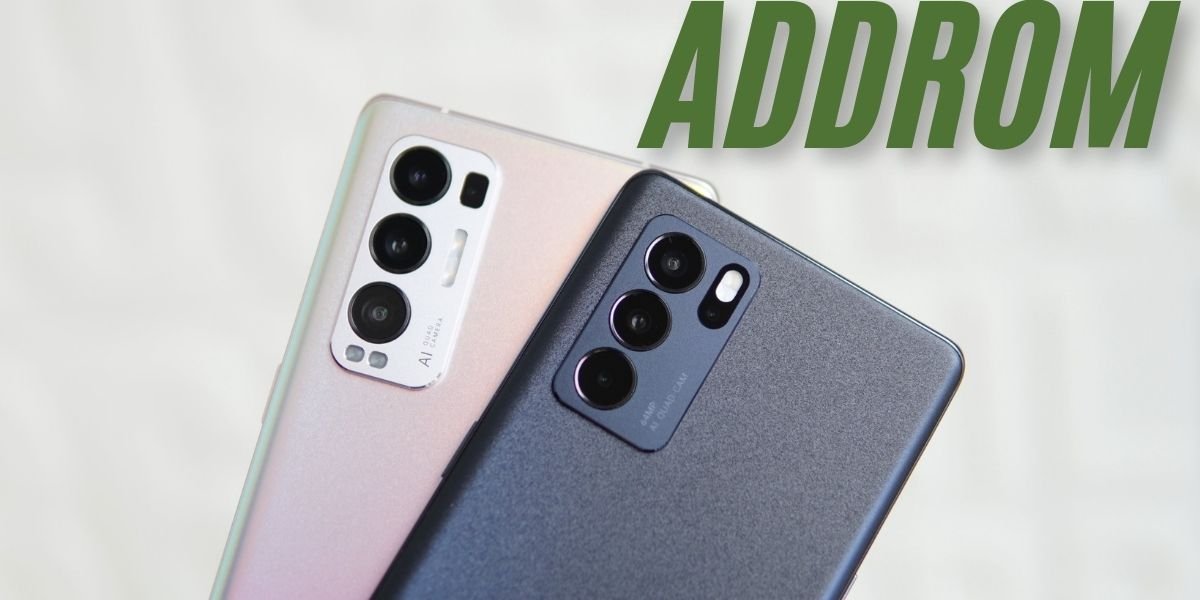What is ADDROM?
ADDROM is a platform that provides users with resources for downloading and installing custom ROMs on their smartphones. Custom ROMs can enhance the user experience by offering customization, improved performance, and extended device life, especially when manufacturers no longer support older models. ADD-ROM serves as a hub for enthusiasts looking for ways to modify or revamp their Android devices.
Why Use ADDROM?
- Access to Custom Features: Custom ROMs often come with features not found in stock firmware, allowing for unique customization options.
- Updated Android Versions: Even if your manufacturer has stopped updates, custom ROMs can provide newer Android versions.
- Enhanced Performance: Custom ROMs can streamline processes, remove bloatware, and improve overall device speed.
- Security Enhancements: Regular updates from the custom ROM community often include the latest security patches.
Benefits of Custom ROMs
- Customization: Tailor your device’s user interface and settings.
- Performance Boosts: Remove unnecessary pre-installed apps and optimize your phone’s operations.
- Battery Efficiency: Use ROMs that focus on reducing battery consumption.
- Extended Device Life: Keep using older devices with new software.
Risks Associated with Custom ROMs
While custom ROMs offer many advantages, there are also risks to consider:
- Voided Warranty: Installing a custom ROM can void your device’s warranty.
- Bricking: Improper installation may render your phone unusable.
- Security Concerns: Third-party ROMs may come with security vulnerabilities if not sourced from a reliable platform.
Getting Started with ADDROM
Before diving into the installation, it’s important to prepare your device and understand the basics.
Step 1: Backup Your Data
Always create a complete backup of your device data. Custom ROM installation will erase all data on your phone. Use apps like Titanium Backup or Google Drive to safeguard your files.
Step 2: Unlock Your Bootloader
To install a custom ROM, you need to unlock your device’s bootloader:
- Enable Developer Options: Go to Settings > About Phone and tap the build number seven times.
- USB Debugging: Enable USB debugging under Developer Options.
- OEM Unlocking: Also in Developer Options, enable OEM unlocking.
Step 3: Install a Custom Recovery
Custom recovery software like TWRP (Team Win Recovery Project) or CWM (ClockworkMod) allows you to install ROMs on your device. Follow these steps:
- Download TWRP or CWM from a reliable source.
- Use ADB and Fastboot tools to flash the recovery image:Copy code
fastboot flash recovery recovery.img
Step 4: Download Your Desired Custom ROM
Visit ADDROM to find the latest custom ROMs compatible with your device. Ensure you download files from the official ADDROM site or other trusted sources.
How to Install a Custom ROM
- Boot into Recovery Mode: Use the volume and power buttons to access recovery mode.
- Wipe Data/Factory Reset: Navigate to Wipe > Advanced Wipe and select Dalvik/ART Cache, System, and Data.
- Install the ROM:
- Select Install in TWRP.
- Locate the downloaded ROM file and swipe to flash.
- Install GApps (Google Apps): If the ROM doesn’t come with built-in Google apps, download an appropriate GApps package and flash it the same way.
- Reboot Your Device: Once installed, select Reboot System.
Popular Custom ROMs Available on ADDROM
| ROM Name | Key Features | Best For |
|---|---|---|
| LineageOS | Stock Android experience, regular updates | Most devices |
| Pixel Experience | Pixel-like interface and exclusive features | Pixel enthusiasts |
| Paranoid Android | Unique custom features, smooth performance | Customization lovers |
| Resurrection Remix | Highly customizable, built-in mods | Power users |
Tips for Safe Installation
- Verify ROM Authenticity: Check file hashes to ensure downloads aren’t corrupted.
- Read the Documentation: Most ROMs come with installation guides. Follow them precisely.
- Stay Updated: Join relevant forums or communities to learn about updates or potential issues.
Common Issues and Troubleshooting
Boot Loop: If your device gets stuck in a boot loop after flashing, try:
- Wiping the Cache and Dalvik Cache in recovery.
- Re-flashing the ROM or installing a compatible kernel.
Missing Google Services: If you forget to install GApps, download and flash the appropriate package from recovery.
Performance Issues: Use tools like Kernel Auditor to tweak CPU and GPU settings.
Pros and Cons
| Pros | Cons |
|---|---|
| Customization | Voids warranty |
| Performance enhancements | Risk of bricking |
| Access to new Android versions | Potential security risks |
| Removal of bloatware | May lack manufacturer support |
Conclusion
ADDROM is an invaluable resource for tech enthusiasts looking to explore custom ROMs. While it opens up a realm of possibilities for personalization and improved performance, users should approach the process with caution, preparation, and a thorough understanding of potential risks. Following a step-by-step approach, as outlined here, can help ensure a smooth and successful installation experience.
Read Also: Gracie Abrams Age, Real Name, Height, Parents, and Net Worth 2024
FAQs
Q1: Is ADDROM free to use?
Yes, ADDROM is a free platform where users can download custom ROMs and related tools without cost.
Q2: Can installing a custom ROM brick my device?
Yes, improper installation can brick your device. It’s essential to follow all instructions carefully and ensure compatibility with your device.
Q3: Are custom ROMs safe?
Custom ROMs from reputable sources like ADDROM are generally safe, but always ensure that you download from official links and verify the ROM developer’s reputation.
Q4: How do I fix a bricked device?
If your device is bricked, you can often restore it using the original firmware through recovery tools like Odin or the manufacturer’s official software.
Q5: Will installing a custom ROM improve my battery life?
Many custom ROMs are optimized for battery efficiency. However, results can vary depending on the device and ROM.
